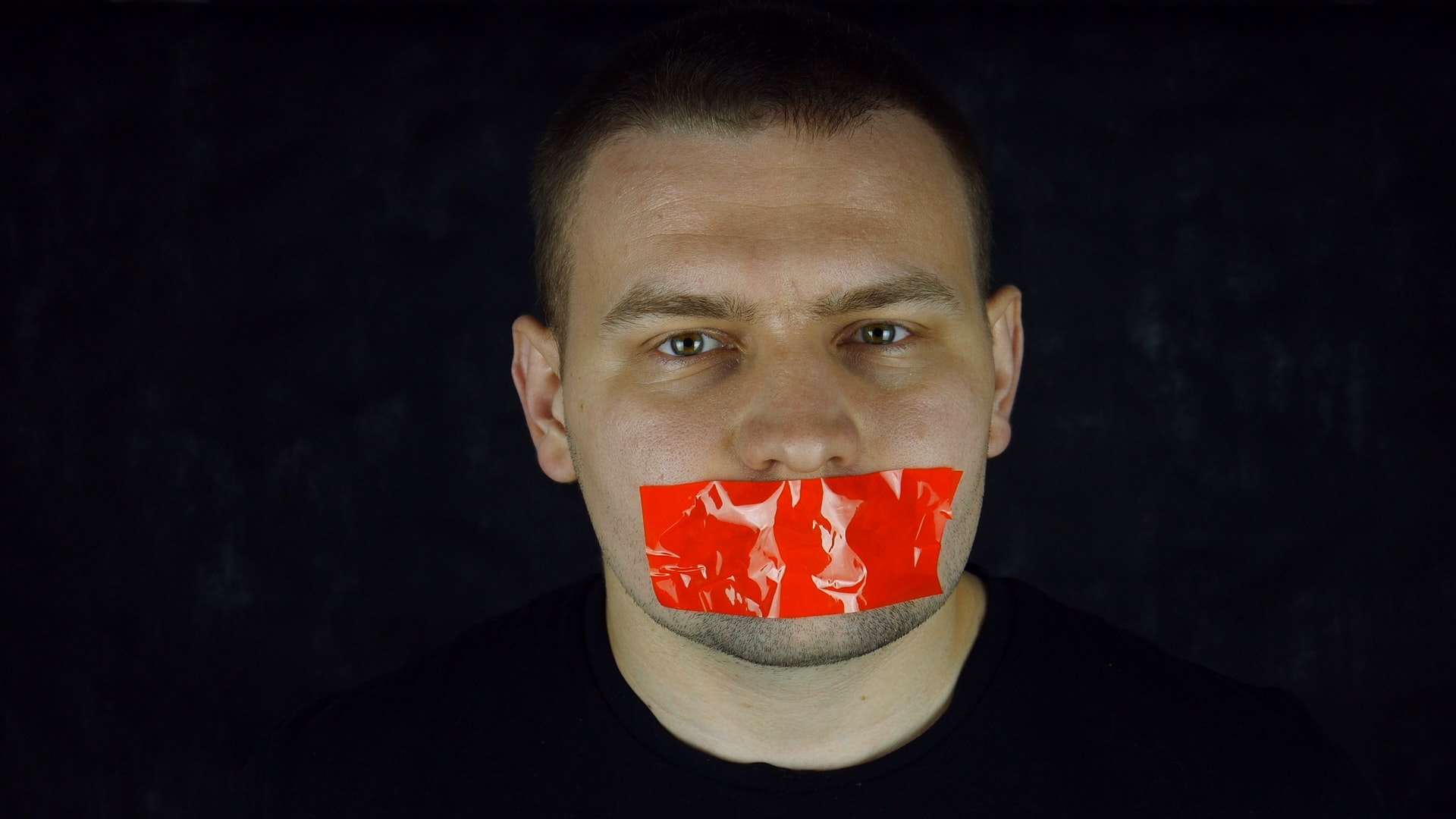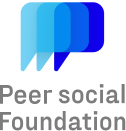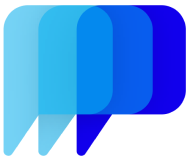
On Tuesday, November 17th, 2020, the Solomon Islands announced a ban on Facebook due to “abusive language against ministers and the prime minister” and “defamation of character.”
Somehow, we don’t think Mark Zuckerberg is losing sleep over this ban. Solomon Islands’ population of 652,858 people is but a tiny sliver of Facebook’s 2 billion users.
Nonetheless, Solomon Islands approach to social media signals a worrying trend. Last February, Turkey banned Facebook, Twitter, YouTube and 166 other sites citing “Anti-government propaganda” as the cited reason. This year, after border clashes with China, India banned Tik Tok as well as other Chinese-made social media apps.
Across the Globe, Internet freedom is Under Threat
Last March, Reporters Without Borders unveiled a list of press freedom’s most egregious digital predators. This is a “worst-of” rogue’s gallery of companies and governments who regularly harass journalists. Examples include:
- Brazilian president Jair Bolsonaro’s Office of Hate that harasses government dissidents
- Russia’s secret blacklist (PDF) of 490,000 websites, including Protonmail — a provider of encrypted email services
- For-hire “call center hubs” in the Philippines that provide made-to-order troll armies to any politician wanting to sway an election
These examples are just a drop in the bucket in terms of state-driven abuses against Internet freedom. At Peer Social, we’ve previously spoken about the weaponization of social media. It shouldn’t surprise us that as governments use social media to peddle propaganda, these same states are declaring war against the Internet.
Is Your Country an Enemy of the Internet?
Every year since 2006, Reporters Without Borders publishes its list of nations that are “enemies of the Internet”. What do these enemies have in common? According to their 2009 report, “all of these countries distinguish themselves not just for their capacity to censor news and information online but also for their almost systematic repression of Internet users.”
Naturally, we would expect the usual slate of authoritarian states to be enemies of the Internet. China, North Korea, and Cuba all naturally show up on the list however there are a few surprises…
Since 2014, both the USA and the UK have been enemies of the Internet. Keep in mind their appearance on the list happened two years before the 2016 US General Election and the 2016 Brexit referendum. These supposed liberal democracies are compromising their ideals because the siren song of surveillance and censorship has proven intoxicating.
But these aren’t the only liberal democracies on the list. The world’s largest democracy, India, has been an enemy of the Internet since 2011. That same year, France put their citizens under mass surveillance that they show no signs of stopping. The most recent addition to the list is Norway, which has given its military sweeping powers to put Norwegians under mass surveillance.
We Must Fight For Internet Freedom
COVID has amplified information hyper-control. China was the first nation to silence press and social media reports of the Coronavirus. Nations such as Russia, Turkey, and Hungary have followed suit. As we know from past international crises, once governments take away our civil liberties, it’s rare that they give them back.
Although social media is plagued with issues, it also has many merits. Social media has given people all around the world a voice, a “soapbox”, a place to organize, a way to connect with others who are fighting the good fight—governments taking away this source of communication is an absolute violation of civil liberties. It is important to understand that as this trend continues, more nations may be inclined to follow suit because if there is one thing we know about people who are in power—they generally don’t like to be held accountable.
How can individuals fight the enemies of the Internet? By adopting decentralized technologies like Peer-to-Peer communications to combat government censorship and surveillance. As usual, it is up to all of us to keep our governments and our politicians honest and respectful of our rights!

